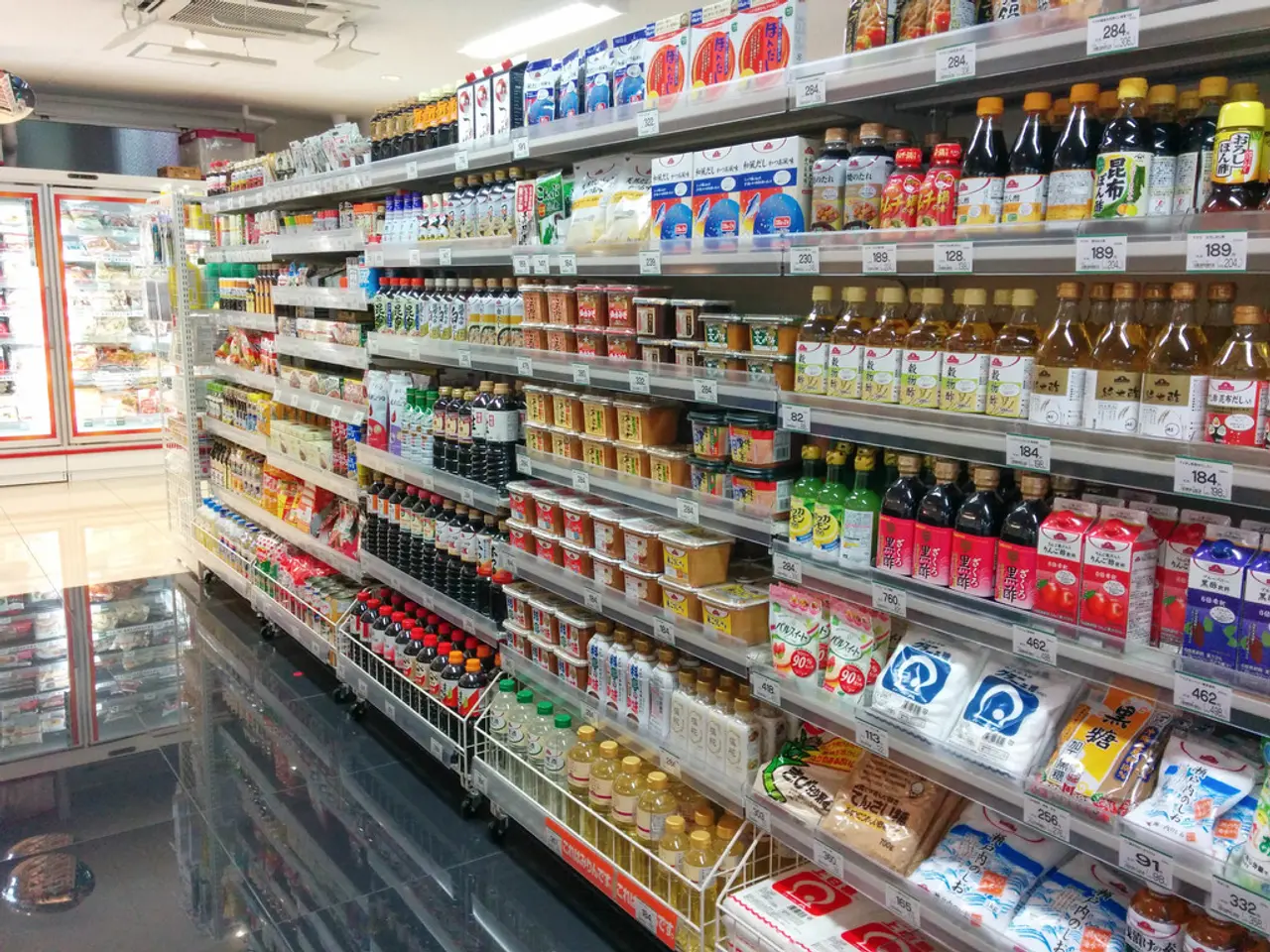Improving Global Supply Chain Reliability through AI and Predictive Analysis
The world of supply chain management is undergoing a significant transformation, thanks to the integration of artificial intelligence (AI) and predictive analytics. These cutting-edge technologies are strengthening overall performance and customer satisfaction by minimizing surprises and enhancing resilience.
Companies across various sectors, including Germany, are investing heavily in AI and predictive models. For instance, Daimler Truck is advancing decarbonization through data and AI-driven logistics projects. Unilever is transforming its supply chain using AI technologies, while technology firms involved in the "MasterKI" research project at the University of Bremen are focusing on AI for condition monitoring in logistics machinery.
The global supply chain landscape has become increasingly complex due to rising consumer expectations, diverse supplier networks, and cross-border operations. However, AI and predictive analytics offer a solution by providing improved visibility across the supply chain. Real-time tracking of shipments, monitoring of warehouse activities, and assessment of supplier performance are now possible, enabling businesses to respond swiftly to disruptions.
These technologies are foundational enablers of modern supply chain strategies, providing a competitive edge through faster decision-making, greater efficiency, and more reliable service. By optimizing inventory levels across locations, businesses can reduce holding costs and meet customer expectations more effectively. AI tools can also trigger automated alerts and recommendations, reducing the need for manual intervention and enhancing coordination between teams.
AI tools analyze vast amounts of data from various sources to identify patterns and anomalies in supply chain operations. Predictive analytics uses historical data and statistical models to forecast future events, such as delivery delays or demand surges. AI can flag inconsistencies in supplier performance over time and recommend optimal sourcing strategies or alternate shipping routes.
Moreover, AI and predictive analytics help businesses gain a clearer understanding of consumer behavior and align their operations to market needs with greater precision. By improving forecasting accuracy, these technologies can help businesses anticipate market trends and adjust their strategies accordingly.
The future of supply chains lies in data-driven resilience, with companies that embrace AI and predictive analytics today being better equipped to handle future challenges. As global trade evolves, the need for resilient, adaptive, and intelligent supply chains will grow. The result is a more transparent and efficient supply chain where problems are quickly identified and resolved before they escalate.
In conclusion, AI and predictive analytics are revolutionizing supply chain operations, offering businesses a competitive edge in an increasingly complex global market. By leveraging these technologies, companies can ensure continuity, agility, and customer satisfaction in the face of supply chain disruptions.








